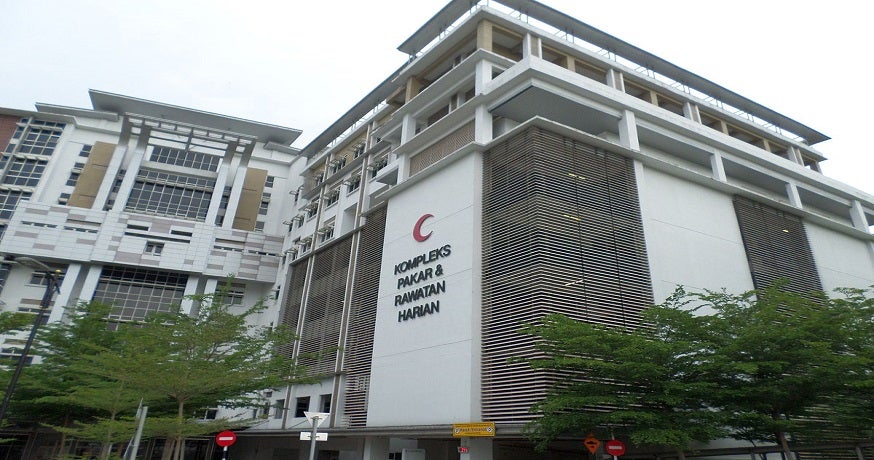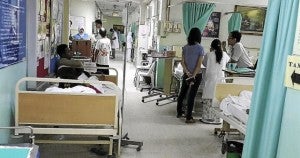Government hospitals are a hit among the public for a reason. With the low cost starting from only RM1 (thanks to government subsidies) to qualified professional medical personnel, it is unsurprising why they’re fully packed all year long.
However, the resignation of medical specialists from government hospitals are on the rise annually in search of higher income in public-private sectors, according to a report by Harian Metro.
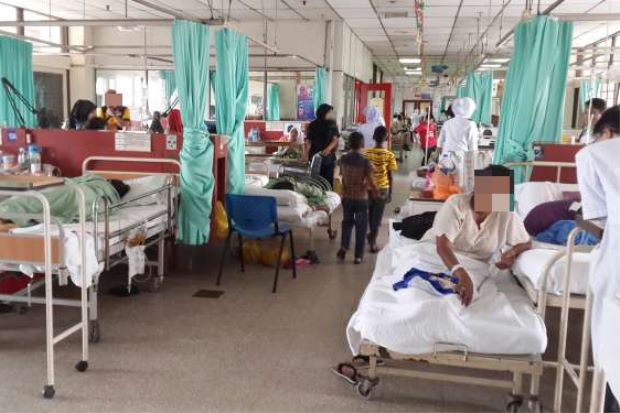
Source: imoney
Since 2011, a total of 986 government medical specialists from various fields have left a big hole in government hospitals upon their departure.
Health Minister Datuk Seri Dr S. Subramaniam revealed 170 government medical specialists resigned last year, an increase from 158 in 2016. Approximately 3% or an avarage of 160 to 170 government medical specialists take their leave from the government sector every year from 2011 to 2017.
“Most of the resigned medical specialists were of Grade UD54 and above, who are highly experienced and skilled. It is a big loss for us,” he said in a press conference in Putrajaya on January 10.
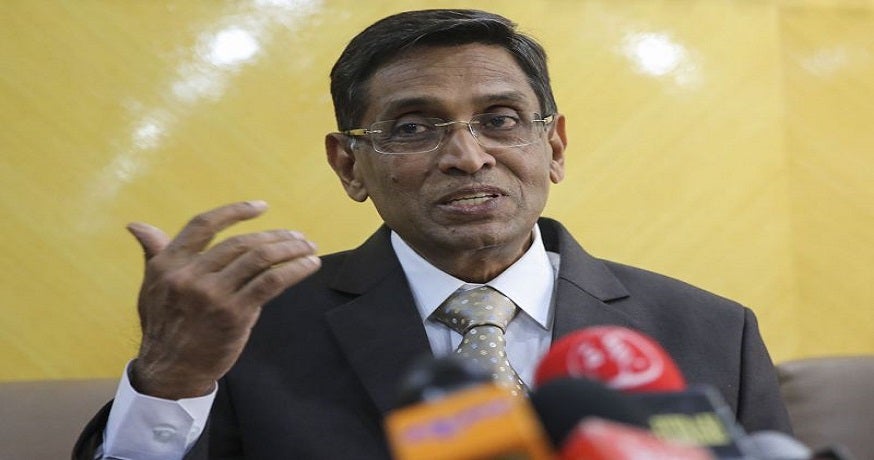
Source: malaymail online
Although it is difficult to balance the salaries of medical specialists in line with the public-private sectors, Dr Subramaniam said the government has tried to narrow the gap by introducing flexible working hours.
As announced in the Budget 2018, medical specialists with Grade UD54 and above will be given a leeway of one day a week from their official working hours for extra income earning through three alternatives offered by the government.

Source: htcampus
“The alternatives include conducting industry-sponsored medical research through Clinical Research Malaysia (CRM), lecturing for medical students at public or private higher education institutions, or working in the private sector that one day, taking into account certain conditions including insurance cost,” Dr Subramaniam explained.
Apart from implementing flexible hours in hopes to encourage more medical experts to continue serving the government sector, this incentive is also expected to increase the number of researchers in medicine, and encourage the transfer of knowledge to health personnel and medical students.
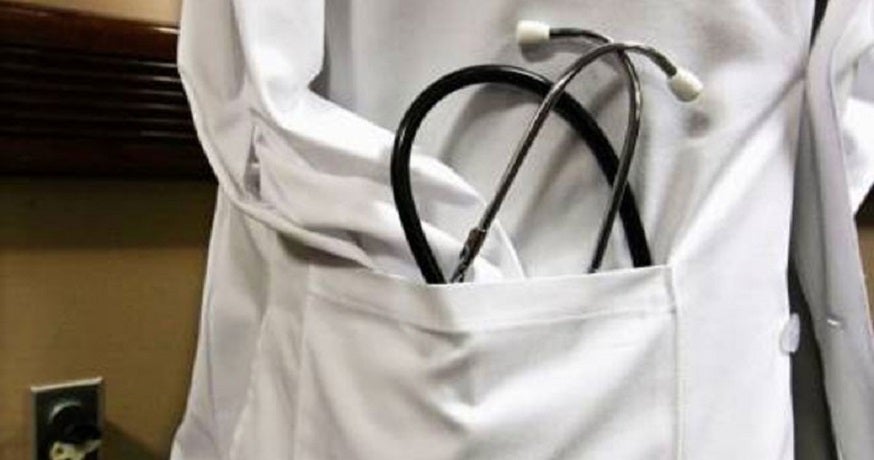
Source: daily sun
Dr Subramaniam said the ministry was also working on parallel programs and post-graduate medical programs at public universities to produce more medical specialists.
“As of Dec 31, a total of 950 medical officers participating in the specialist training via the parallel programs had registered with the Medical Development Division according to their expertise,” he said.
“Currently, there are 4,460 medical specialists serving with the ministry, with several sub-specialties such as cardiology, neurosurgery and nephrology experiencing a shortage of specialists.”
He said each year, about 1,000 medical specialists in over 30 sub-specialties are produced by the ministry to replace those who have retired or resigned, and to overcome the lack of lecturers at the higher education institutions.
Well, let’s hope these incentives are enough to make more specialists want to stay on. We need their expertise!
Also read: Govt Hospitals Have Allegedly Been Reusing Disposable Medical Equipment?

